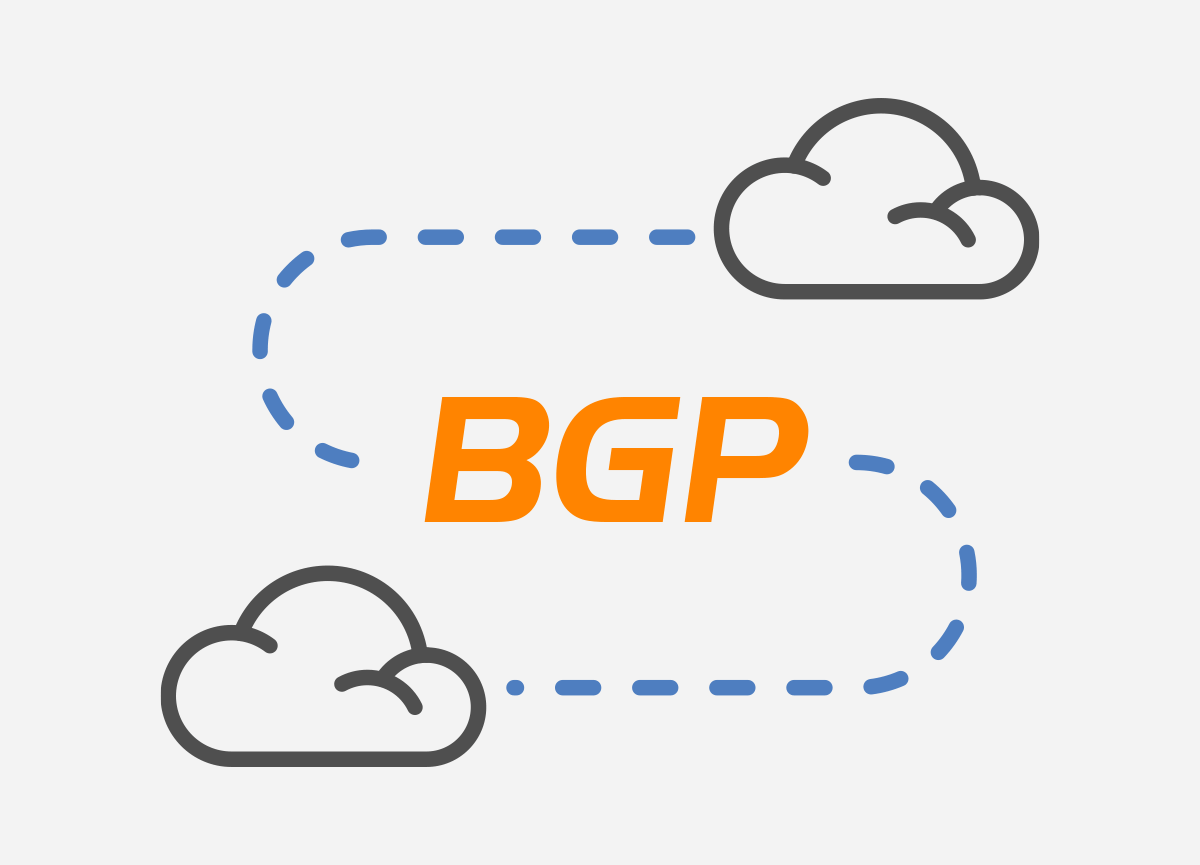The global Border Gateway Protocol Market Share is concentrated among a few key players in the hardware segment, while being more fragmented in the software and services spaces. This competitive landscape is shaped by high barriers to entry, the need for extreme reliability, and long-standing relationships between vendors and major service providers. In a market forecast to reach $5.97 billion by 2035, capturing and maintaining market share is a strategic priority for these companies. The steady 7.32% CAGR of this market indicates a stable environment where established leaders are being challenged by innovative newcomers, particularly in the realms of software-defined networking and security, making the distribution of market share a key dynamic to watch.
In the crucial hardware segment, which comprises high-performance routers, the market share is dominated by a small group of industry titans. Cisco Systems and Juniper Networks have historically held the largest shares, thanks to their extensive product portfolios, massive installed base, and deep-rooted relationships with the world's largest telecommunications companies and ISPs. Arista Networks has emerged as a powerful challenger, rapidly gaining share, particularly in the data center and cloud provider space, with its focus on high-performance, software-driven networking. Other significant players like Nokia (with its acquisition of Alcatel-Lucent) and Huawei also hold notable shares, especially in specific geographical regions like Europe and Asia, respectively.
The software segment of the market presents a more diverse picture. While the router vendors (Cisco, Juniper, etc.) naturally command a large share through their proprietary network operating systems, there is a vibrant ecosystem of independent software vendors (ISVs). These companies specialize in BGP monitoring, analytics, and security. For instance, companies like Kentik provide real-time network observability platforms that are highly valued by network operators, while others focus specifically on BGP route monitoring and hijack detection. The rise of open-source routing software, such as FRRouting, also represents a growing force, with companies like Cumulus Networks (now part of NVIDIA) building commercial products and support services around these open platforms, thus carving out their own niche in the market.
In the services segment, market share is highly fragmented. It is distributed among the hardware vendors themselves, who offer professional and support services; large system integrators and value-added resellers (VARs); and a multitude of managed service providers (MSPs) and specialized network consultancies. The large telecommunication companies also hold a significant share by offering managed BGP services to their enterprise customers. As the complexity of BGP and the importance of its security continue to grow, the demand for expert services is increasing. This is creating opportunities for smaller, specialized consulting firms to capture share by offering deep expertise in areas like BGP security hardening, traffic engineering, and multi-cloud network design.
Explore Our Latest Trending Reports:



